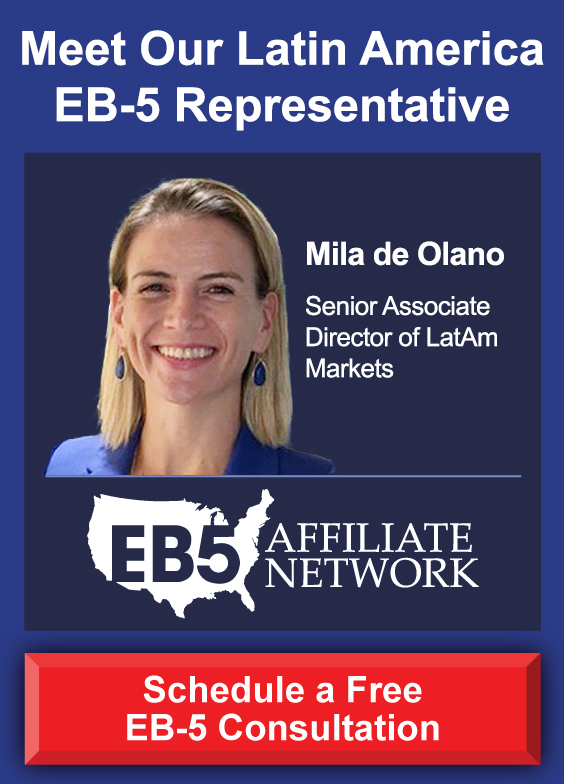No, an I-526 petition submitted by an investor and approved by United States Citizenship and Immigration Services (USCIS) does not count as an exemplar petition. An exemplar petition is submitted by a regional center as part of its I-924 petition to gain regional center status. If, however, USCIS has approved an investor’s I-526 petition, this means that the project’s business documents have been examined and deemed satisfactory. Therefore, the project’s other EB-5 investors can expect I-526 approval as long as their source-of-funds documentation is accepted.
Proving that the investment funds were sourced lawfully is one of the most complex aspects of filing Form I-526, so investors must work closely with their immigration attorneys to ensure that they provide exhaustive evidence. In its Policy Manual, USCIS states that investors must submit a “preponderance of evidence that the capital invested, or actively in the process of being invested, in the new commercial enterprise was obtained through lawful means.” This means that investors must prove the legality of their funds with a certainty of at least 51%.
Given this high evidentiary standard, investors may have to provide numerous documents to trace the funds back to their source. The needed documentation will vary in each case; USCIS allows investors to use a wide variety of sources of capital. The most common sources of EB-5 investment funds—such as real estate sales, stock proceeds, salary payments, and gifts—require investors to submit a capital source statement. For example, investors who use gifted funds must provide a capital source statement showing that funds were gifted and identifying the gift giver. In contrast, investors who use funds from real estate sales must submit a capital source statement outlining how the investor obtained the property in the first place. An immigration attorney’s counsel can be invaluable at this stage.










